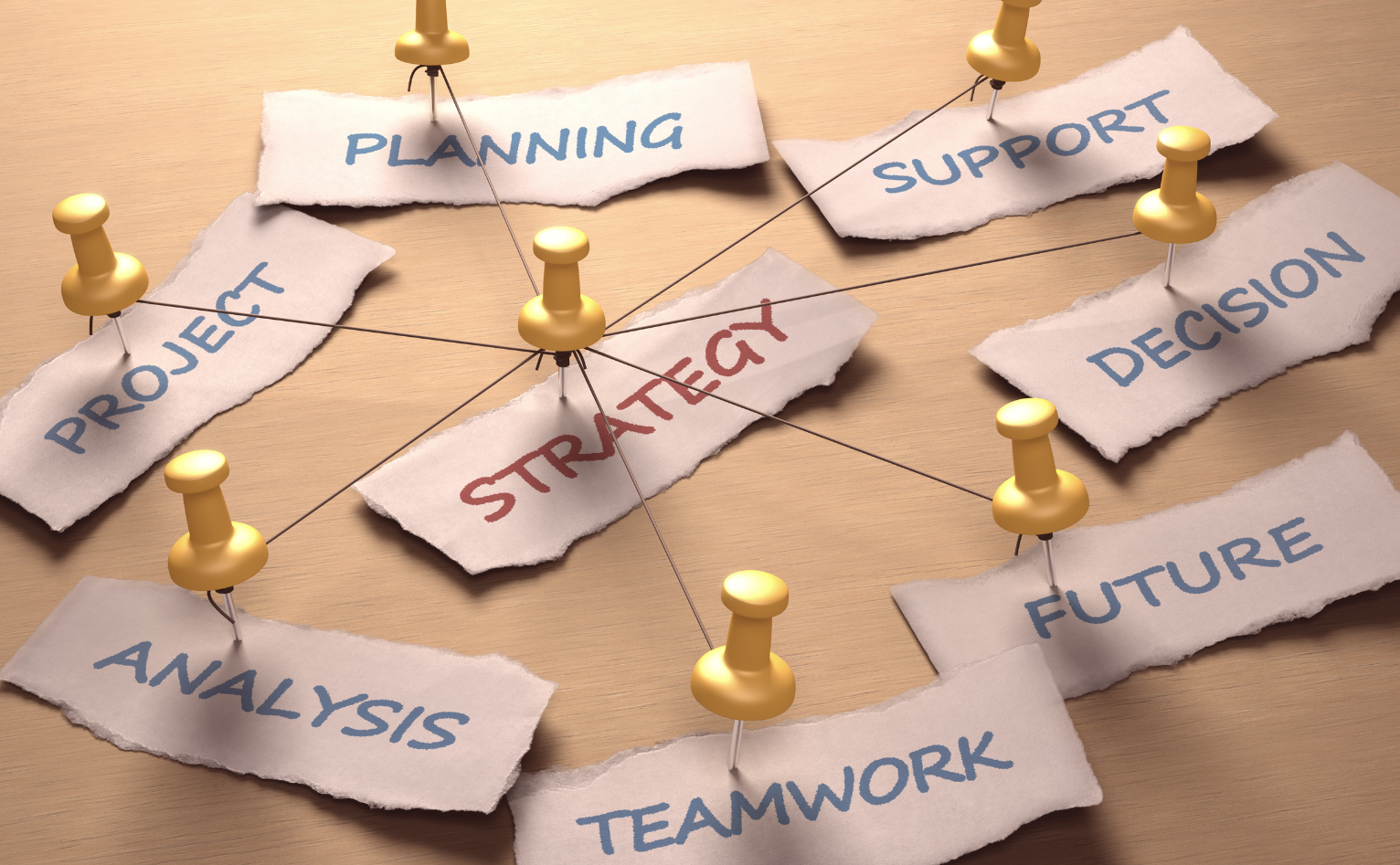Ocean Revitalization: Collective Business Action for the Ocean
The ocean has been the focus of my life and career, and World Oceans Day, which we celebrate on 8 June, is a chance to better understand our blue planet and how important the ocean is to all of us. And ever more so, it's a chance to look at what we need to do to ensure its future health and productivity. Although vast and diverse, the ocean is “out of sight and out of mind” for many, even though a broad range of ocean-related assets and economic activity provide goods and services that are critical to the whole of humanity.
My own interest and involvement in the ocean evolved from marine environmental science to coastal management and conservation, and then to focusing on the key industries and economic systems impacting our oceans. I see that engaging business, industry, and the investment community at a global scale is critical to ocean sustainable development — now and for its health in the years to come.
The international community recognized these links when it crafted the United Nations 2030 Agenda for Sustainable Development and its Sustainable Development Goals (SDGs). The preamble to Agenda 2030 includes a focus on prosperity, ensuring that “all human beings can enjoy prosperous and fulfilling lives and that economic, social, and technological progress occurs in harmony with nature.” SDG 14 more specifically concentrates on the need to “conserve and sustainably use the oceans, seas, and marine resources for sustainable development.”
The Business of Ocean Sustainable Development
A brief look at the business end of the blue planet highlights just how big a role the ocean economy plays in supporting prosperity and sustainable development. Key factors include:
- Healthy protein from fisheries for millions, especially in developing island and coastal countries, with an estimated 3 to 4 million fishing vessels around the world;
- An increasing amount of food from aquaculture, which has been growing 7% per year in recent decades and is now producing 50% of seafood;
- Subsistence and artisanal fisheries that supply essential food and livelihood for millions, especially in developing island and coastal countries;
- Over 90% of international trade through cost- and carbon-efficient shipping via more than 80,000 merchant vessels crisscrossing the globe;
- Ports and coastal infrastructure that all countries depend on for trade and economic development;
- Offshore energy resources that supply a rapidly increasing amount of low-carbon wind energy, the promise of major wave, current and tidal energy, and up to 30% of hydrocarbons;
- About 98% of international telecommunications, carried on more than 1.2 million kilometres of submarine cables;
- Recreation and tourism options for every ocean interest, with cruise tourism growing at 8.5% per year in the decades before the pandemic;
- Desalinated seawater to support coastal cities, with desalination supplying 90% of the freshwater in some countries;
- Innovation and technology to discover and document biodiversity discoveries and ecosystem secrets in the deepest, darkest corners of our oceans—the furthest reaches and most extreme conditions of our blue planet.
However, human use of the ocean as well as increasingly impactful land-based activity are damaging our ocean and diminishing the prospects for sustainability. My own research and studies in years gone by have focused on these issues, such as nutrient pollution and algal overgrowth on coral reefs or the effects of sediment runoff from poor land use practices that smother coastal ecosystems.
The Need and Opportunity for Collective Business Action
To address these issues impacting our blue planet, we need to look at the ocean industries. Ocean industries operate in a fluid, three-dimensional, interconnected ocean space. This means that any and all industry activities, responsibilities, and impacts are also linked—as must be industry endeavors toward sustainable development. The best efforts by a single company or even a whole industry sector will not be enough to secure ocean health and productivity into the future.
This creates a compelling business case for industry leadership and collaboration in tackling ocean sustainability, stewardship, and science. Achieving the SDGs means other stakeholders must engage with the leadership of these industries and companies. We need collaboration to ensure businesses operate in a manner compatible with the balanced environmental and economic needs of both the local communities and the global ocean in which they operate.
As an example, the growth of organisms on the sides of ships, fishing boats, and other vessels (biofouling) often includes species that are not native to where those vessels eventually end up. This accidental import of alien species can cause major ecosystem disturbances and harm economic outcomes, such as introducing pathogens that can ultimately decimate shellfish farms. Tackling this problem requires a coordinated, multisector approach to detect and prevent these species transfers.
A Platform for Collective Ocean Action at a Global, Multi-Industry Scale
To foster and accelerate “Corporate Ocean Responsibility,” we're seeing at the World Ocean Council (WOC) an increasing number and range of ocean industry companies joining us from around the world. This international, multi-industry alliance for ocean stewardship and collaboration is working to identify the risks, the gaps, and the cross-sectoral, science-based solutions for ocean sustainable development.
For example, WOC is catalyzing cross-sector collaboration to assist fleets of merchant ships, fishing boats, aquaculture facilities, and wind farms to integrate standardized sensors into vessel hulls and platform structures. This enables the collection of ocean data to improve safety and environmental management, from predicting hurricanes to modelling current patterns.
For WOC's annual Sustainable Ocean Summit (SOS), launched in 2010, I developed the “Ocean Executive Forum,” a multi-sector panel of CEOs from the key maritime sectors, including shipping, fishing, aquaculture, and port management. This is the only forum bringing together business leaders from diverse ocean sectors — leaders who otherwise don't interact — to address ocean sustainability challenges and possibilities for shared solutions.
Overall, the WOC is fostering industry leadership, collaboration, and action on ocean sustainable development in ocean governance, marine spatial planning, marine sound, biofouling/marine invasive species, marine mammal impacts, plastics and marine debris, and the adaptation of ports and coastal infrastructure to sea level rise and extreme weather events.
The ocean is 71% of our planet’s surface and most of this is in areas beyond national jurisdiction. In other words, these vast areas of our blue planet are the high seas or interactional waters that constitute our global commons. As immense as the ocean is, much of it is in trouble and in dire need of revitalization. Given the diverse kinds of ocean activities across our global seas and the shared nature of this global public good, coordinated international business action is critical to the ocean's future — and thus for the health of our global ecosystem and for our global human community.
About the Author:
Paul Holthus, MA
Founding President and CEO
World Ocean Council
PHOTO:
Ronan Furuta | Port of Oakland, CA | Unsplash
Read perspectives from the ISSP blog



